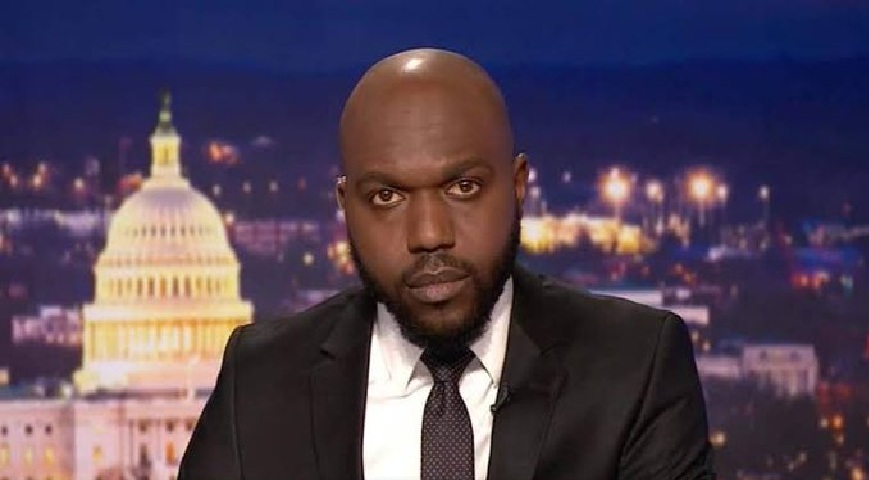CNN International Correspondent Larry Madowo has weighed in following the abrupt cancellation of a public screening of a BBC documentary that exposes police brutality during last year’s anti-tax protests in Nairobi. The screening, which was scheduled to be held in Kenya, was halted by authorities, sparking widespread backlash and renewed debate on freedom of expression.
The documentary, titled "Kenya’s Gen Z Revolution", investigates the brutal crackdown on young protesters who rallied against proposed tax hikes outside the Kenyan Parliament in 2023. It features harrowing footage, firsthand accounts, and interviews with activists and victims' families. Most notably, it reveals the identities of police officers allegedly involved in the use of lethal force against peaceful demonstrators—many of whom were young, first-time protestors from Kenya’s Gen Z generation.
“A screening of BBC Africa Eye’s Blood Parliament in Kenya (last night) was cancelled due to pressure from the authorities. We are very disappointed not to have been able to share the documentary and panel discussion as planned,” a BBC spokesperson tells me
— Larry Madowo (@LarryMadowo) April 29, 2025
Did you read this?
In a defiant statement on X (formerly Twitter), Larry Madowo criticized the move by authorities, calling it “pointless,” especially since the documentary had already been widely viewed online. “The documentary has 2.5 million views so far on YouTube, so it’s pointless to block a screening for a few dozen people,” Madowo posted.
The BBC documentary highlights how Gen Z in Kenya—tech-savvy, socially conscious, and politically awakened—played a leading role in mobilizing protests through digital platforms like TikTok, Instagram, and X. It paints a vivid picture of a generation that is increasingly disillusioned by corruption, unemployment, and state violence, yet determined to demand accountability through both online and offline activism.
The documentary has 2.5 million views so far on YouTube so it’s pointless to block a screening for a few dozen people
— Larry Madowo (@LarryMadowo) April 29, 2025
The government's decision to block the screening has drawn sharp criticism from human rights groups and media freedom advocates, who argue it is a sign of growing intolerance for dissent. On the other hand, government-aligned politicians have dismissed the documentary as “fake news” and accused foreign media of distorting facts to tarnish Kenya’s image.
Despite the censorship attempt, the documentary continues to gain traction globally, drawing attention to the growing political voice of Kenya’s youth and the challenges they face under an increasingly authoritarian regime.











